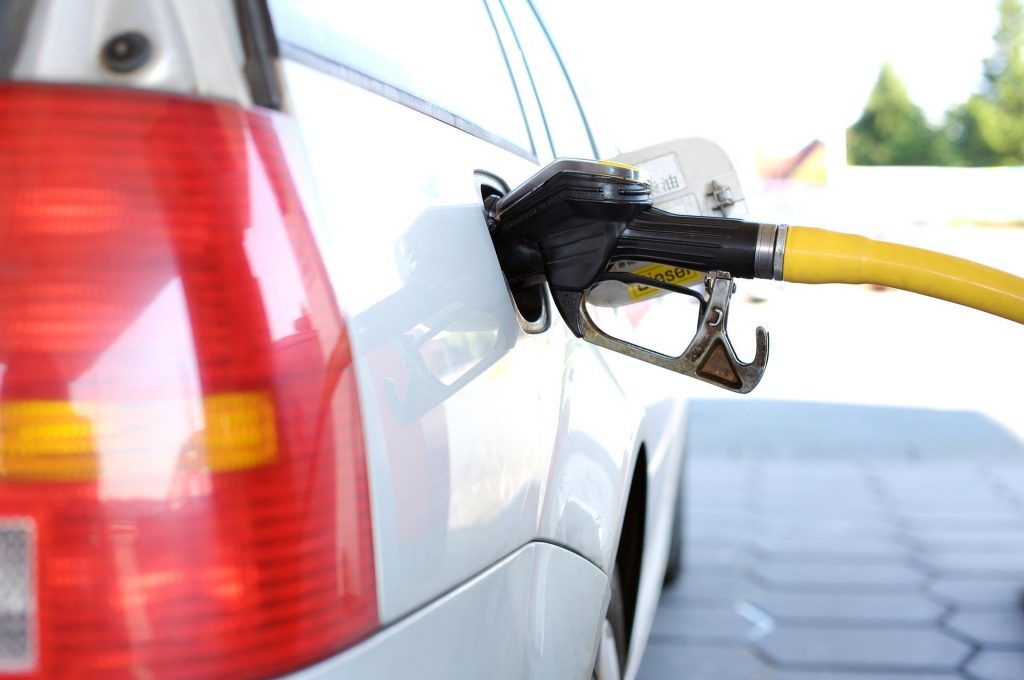Hungary, like many countries, is trying to lessen the impact of an economic downturn. But one of that state’s controversial plans to do that is to charge drivers of foreign-licensed cars more for gas.
The European Union, of which Hungary is a part, has called the move “discriminatory” and asked the country to stop the two-tier charging system, which can result in foreign drivers being charged 60 percent more to to fill up their cars.
Other measures introduced by Prime Minister Viktor Orban’s government include taxing the “extra profits” of various industries, including banks and airlines, which it claims have enjoyed a huge increase in demand following the easing of pandemic restrictions. Predictably, the affected industries disagree.
“We’re now in a wartime situation, and this must be resolved,” Orban said. “(Companies) will have to shoulder more of the burden than they normally do because Hungarian families cannot pay the price for this.”
Related: Which Countries Pay The Most And Least Tax On Their Gas
While there seems no doubt that the two-level gas pricing structure discriminates against foreign drivers, and potentially breaks EU bloc rules, a look at the wider picture gives a slightly different view.
Drivers pulling into a gas station in Hungary are met with the welcoming sight of a sign showing prices that are dramatically lower than they are in any other country in the European Union. The price of a liter of unleaded has been capped at 480 forints ($1.25) since November 2021, whereas drivers in neighboring Austria and Slovakia are currently paying around €2 ($2.10).
This has led to a fuel tourism, where drivers living in other countries, but close to the border with Hungary, take a brief trip into the state to fill up their cars. A 60 per cent levy on the base $1.25 price of a liter of gas results in foreign drivers paying the same $2 they would in their home states.
Orban has blamed Hungary’s bad economic situation on the war in nearby Ukraine and the resulting EU sanctions against Russia. What is clear is that Hungary, which has its own currency, has suffered more than EU states using the euro. ABC News reports that inflation in Hungary rocketed to 12.2 percent in May 2022, but only rose 8.1 percent in 19 countries using the euro.









